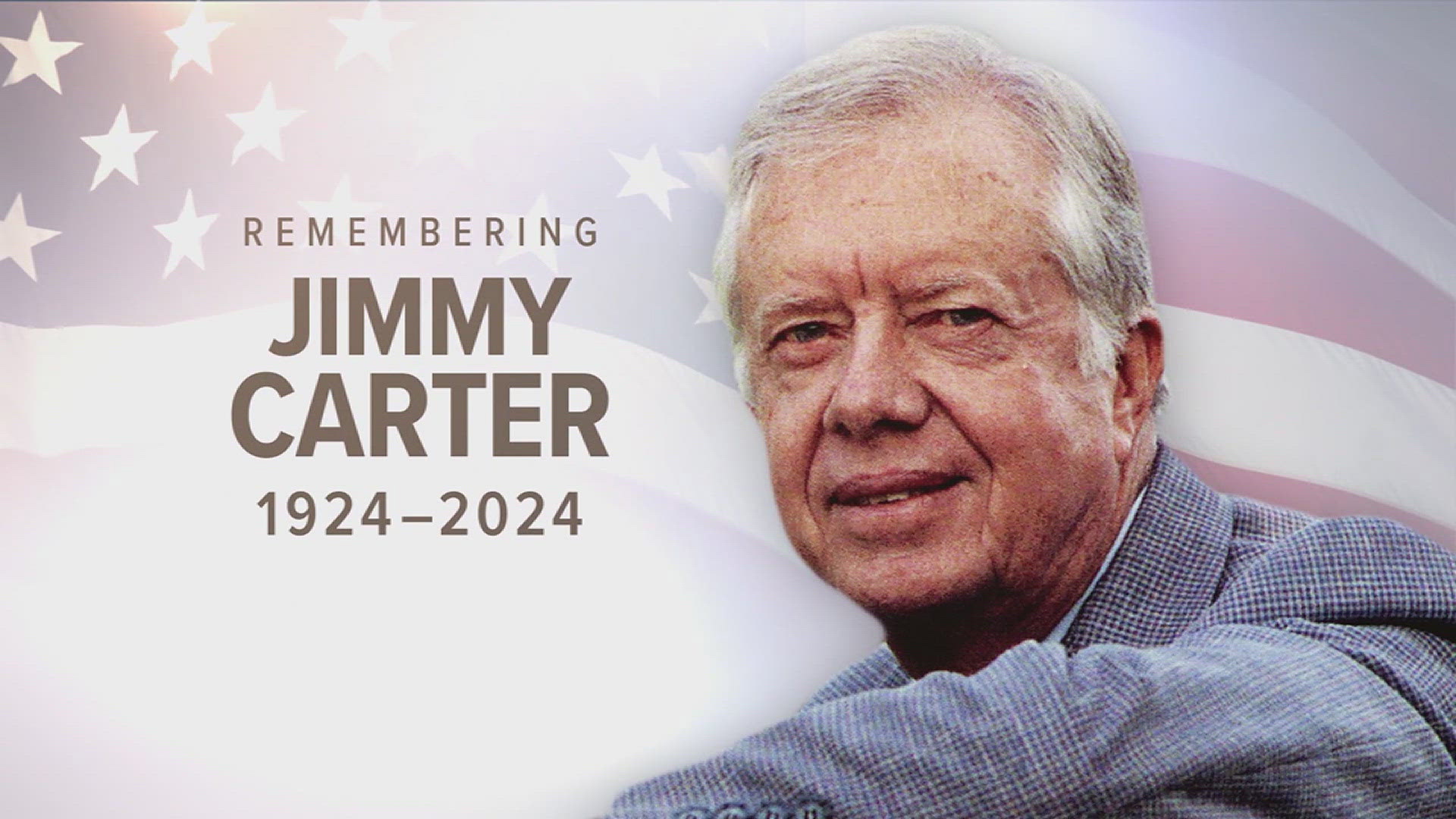(Akiit.com) I wrote recently about how the Drug Enforcement Agency (DEA) is now seeking to hire Ebonics translators to help them to apprehend drug dealers. The group seems to believe that by learning the underpinnings of urban language, it can find a way to bring down “Pookie nem” on the corner. The website Newsy.com covered the article that I wrote, with a few other scholars providing their own insights into how and why this decision might be implemented. While I am certainly listening to the discussion, I am not sure what it would mean to establish Ebonics as it’s own language or to try to teach it in school.
Does the teaching of Ebonics mean that we treat urban dialect as a class? If the kids and teachers acknowledge the language structure of Ebonics, do we continue to reinforce the use of what some might consider broken English? If the language is acknowledged in school, does that mean Employers and universities will accept graduates who speak and write in Ebonics? If not, is there any sense in solidifying a student’s desire to speak in a way that doesn’t match the rest of us? I’m not so sure.
Here’s the deal on Ebonics: One of my children speaks Ebonics heavily, but I corrected her. It wasn’t because I don’t respect her creative use of the English language. Instead, it was because I just don’t see any reason to persuade her to communicate in a one-dimensional manner using a way of speaking that is fragmented, evolving and marginalized. The day I hear of law firms hiring attorneys who write “I just really always been wanting to be a lawyer” on their applications, then maybe I’ll change my opinion. This is not a matter of comformity, since I was fired from Syracuse University for not conforming to a racially-oppressive system. It’s a matter of wondering what if the push to legitimize Ebonics is a case of liberalism gone wild.
Written By Dr. Boyce Watkins









Leave a Reply